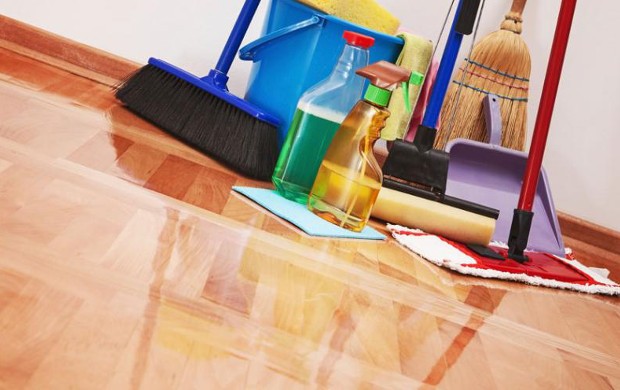There comes a time when all tenants look to move on. Whether they’re off to pastures new or moving out to buy a place of their own, as a landlord you’ll need to step in to ensure they have a departure that is as smooth as possible for all involved. Indeed, tenancies are becoming increasingly short term in the UK, with the average rental period now said to be just 18 months long.
When the time comes, it pays to be prepared. Here’s what you need to do to get yourself ready for the end of tenancy. By doing this groundwork you’ll be able to move one tenant on and prepare the way to get another paying customer in the door as quickly as possible.
Spell out what you want from the tenant
As soon as you’re alerted to your tenant’s intentions to leave, then you need to react. Be in touch with them and spell out in writing what you want to see from them before they go. Make it clear if you expect them to do anything in particular, such as arranging for a full clean of the property. It’s also important to get a date and time for your inspection set out nice and early. Make sure it’s a date that suits both sides and that you allow enough time to conduct a thorough job.
Dig out your paperwork
As Property Hawk notes, preparing a thorough inventory at the start of a tenancy is so important—it spells out the exact condition of your property and everything in it with words, pictures and, increasingly, video. The end of tenancy inspection is when you’ll really reap the rewards of this groundwork. Dig out this document and take it with you. It’ll ensure that you are all singing from the same hymn sheet and can make a fair and measured comparison between the state of the property at the beginning and end of the tenancy. Video can really help with this as you can play the clips as you go around and re-tread your steps.
Make sure you cover everything
Once you’re there it pays to be thorough. Take your time, be prepared to ask questions and take some more photos. Take meter readings, test any appliances that might be yours and write up a report of what you found. If you have any comments or queries, ensure that you have talked these through with the tenant and get them to sign a report to say they agree with your assessment.
Don’t treat this as a way of grabbing back some of your tenant’s deposit—that’s a stereotype that you should eschew—but don’t be afraid of sticking to your guns if you aren’t satisfied. No-one wants to become embroiled in a dispute—and it shouldn’t get to that—but if you do then this is where your insurance should come in handy. Providers such as Simple Landlords offer policies that support legal costs if the worst should happen.
At the end of the day this relies on common sense and good paperwork. Be open and honest with your tenant, keep them in the loop, prepare and update your records and then, ultimately, things should run smoothly.








